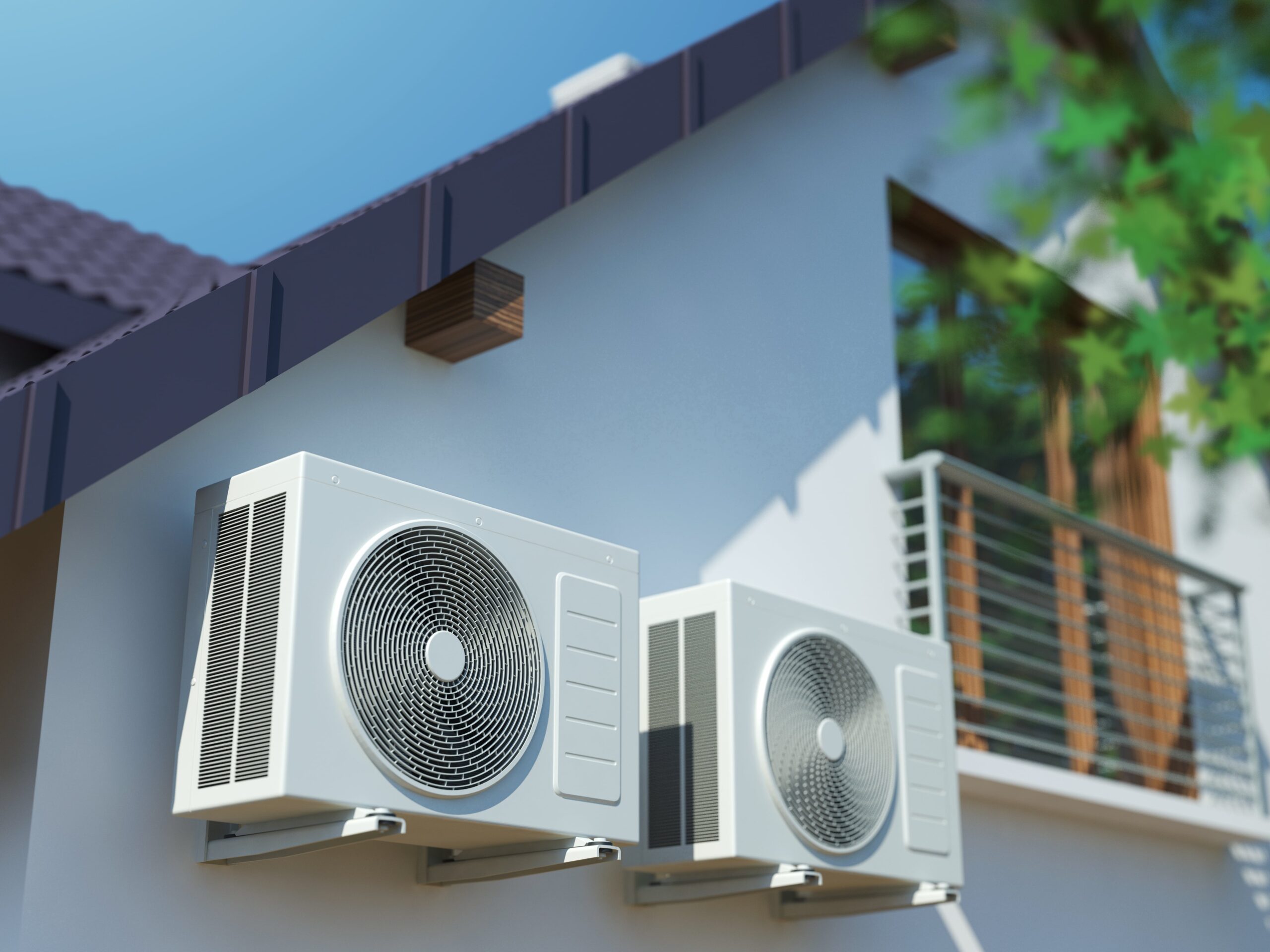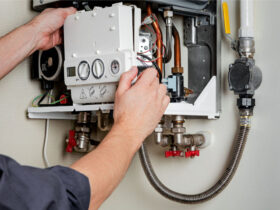Selecting the right heating and cooling system for your home is a crucial decision that impacts comfort, energy efficiency, and costs. Making an informed decision can seem difficult with the abundance of options available on the market. Nonetheless, you can make sure that the system you choose efficiently satisfies your objectives by taking into account a few crucial variables. Here are some key tips to guide you in choosing the perfect heating and cooling system for your home.
Assess Your Home’s Needs
Before diving into the specifics of different systems, it’s important to assess your home’s unique needs. The best system for you depends on a number of factors, including the size of your house, the local climate, and the arrangement of your living areas.
Home Size:
The size of your home will influence the capacity of the system you need. An overly large system may result in wasteful energy use and increased expenses, while a system that is too small will find it difficult to maintain acceptable temperatures. To find the ideal size for your house, a qualified HVAC specialist may do a load calculation.
Climate:
Consider the climate in your region. In colder climates, a heating system with a high-efficiency rating is crucial for keeping your home warm during harsh winters. In hotter climates, a robust cooling system is essential to maintain comfort during sweltering summers.
Home Layout:
The layout of your home, including the number of floors and the placement of windows and insulation, can affect the distribution of heating and cooling. Homes with open floor plans might require different solutions compared to homes with many small rooms.
Evaluate System Types
There are various kinds of air conditioning and heating systems, and each has pros and cons of its own. Knowing what options are available to you will help you choose the best one for your home.
Central Heating And Cooling Systems:
These systems, including furnaces and air conditioners, are designed to heat or cool your entire home. They are efficient for larger homes and provide consistent comfort throughout the space.
Heat Pumps:
Heat pumps are versatile systems that can provide both heating and cooling. They are highly energy-efficient, especially in moderate climates. Heat pumps are an environmentally favorable option because they function by transferring heat between indoor and outdoor spaces.
Ductless Mini-Split Systems:
These systems, which have one or more inside units and an outside unit, are perfect for homes without ductwork. They offer flexibility in temperature control for individual rooms and are generally more energy-efficient than traditional systems.
Geothermal Systems:
Geothermal systems use the earth’s natural heat to provide heating and cooling. They are highly efficient and have a long lifespan, but the initial installation cost can be high. They are best suited for homeowners looking for long-term energy savings.
Consider Energy Efficiency
An essential consideration for any heating and cooling system is its energy efficiency. Higher efficiency systems have the potential to drastically cut both your carbon footprint and energy costs.
Prioritize Indoor Air Quality
A good heating and cooling system should also contribute to indoor air quality. Consider features that improve air quality and create a healthier living environment.
Air Filters:
Dust, allergies, and other air pollutants can be decreased in systems using high-quality air filters. Look for systems with HEPA filters or those with high MERV ratings for better air filtration.
Humidity Control:
Certain systems come with humidity control options to keep your home at the ideal moisture content. Maintaining ideal humidity levels helps stop mold from growing and increases comfort levels.
Ventilation:
Ensure that your chosen system provides adequate ventilation. Appropriate ventilation enhances the quality of indoor air by drawing in fresh air and expelling old air.
Seek Professional Advice
Consulting with a professional HVAC technician can provide valuable insights into the best system for your home. An experienced technician can perform a detailed assessment of your home’s needs, recommend suitable systems, and ensure proper installation.
Get Multiple Quotes:
Obtain quotes from several contractors to compare prices and services. Make sure to choose a contractor with a good reputation and relevant experience.
Check For Warranties:
Look for systems that come with comprehensive warranties. A good warranty can provide peace of mind and protect you from unexpected repair costs.
Plan For Maintenance
To maintain optimal performance from your heating and cooling system, regular maintenance is required. Choose a system that is easy to maintain and consider setting up a maintenance plan with your HVAC contractor.
Regular Inspections:
Schedule annual inspections to keep your system in top condition and catch any potential issues early.
Filter Replacement:
To guarantee optimum performance and air quality, change or clean filters on a regular basis in accordance with the manufacturer’s instructions.
Conclusion
Choosing the perfect heating and cooling system involves careful consideration of your home’s needs, the types of systems available, energy efficiency, indoor air quality, and professional advice. You can choose a system that will improve your comfort level and provide dependable performance and long-term energy savings by considering these elements. Remember, investing in a high-quality system and proper installation will pay off in the form of increased comfort and lower utility bills for years to come.





